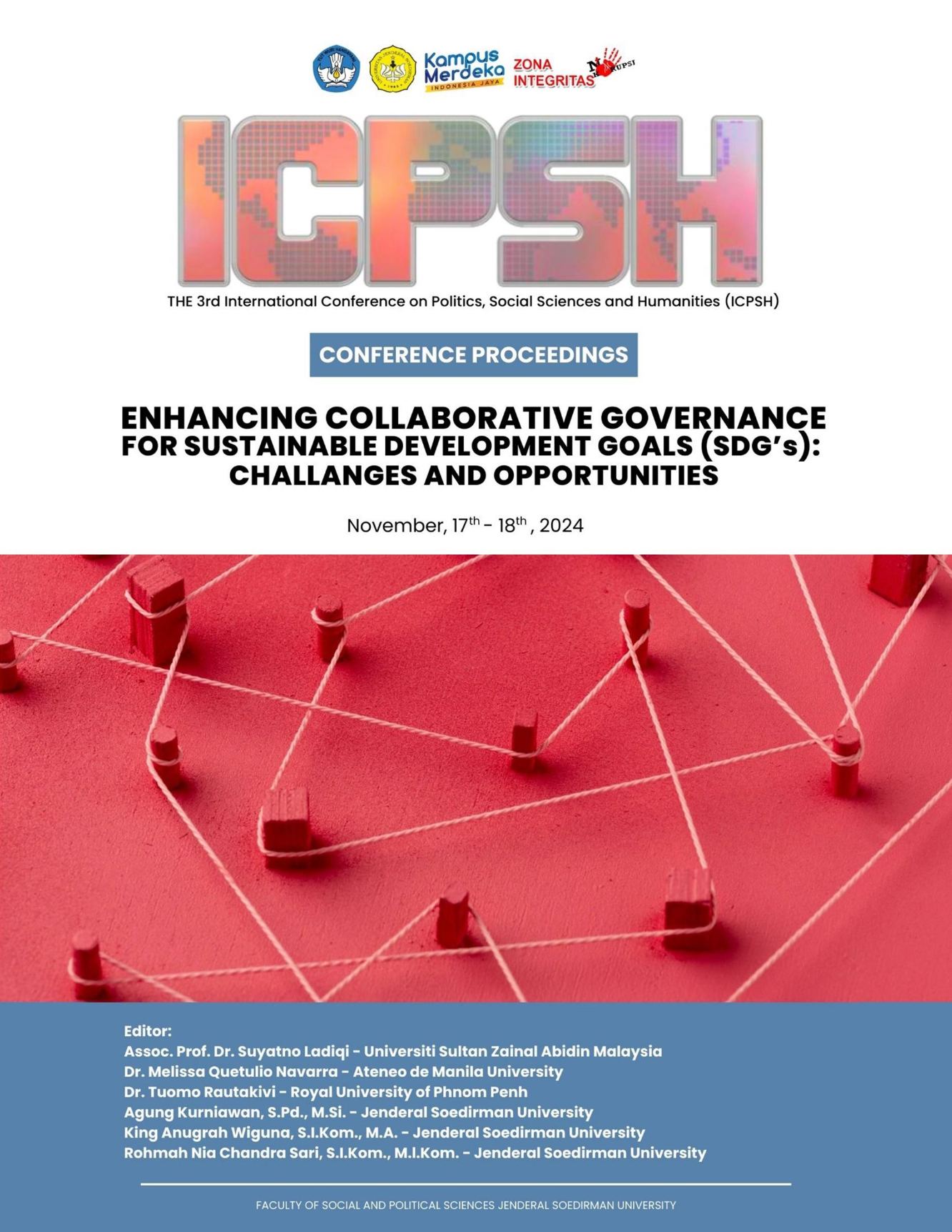Internet as a Human Right: Public Policy Innovation in Estonia
Abstract
he internet has become a critical component of modern life, serving not only as a medium of communication but also as a key enabler for education, political participation, and information access. Recognizing the importance of internet access, Estonia became a pioneer in declaring internet access as a human right in 2000. This research explores Estonia's public policy innovation in recognizing internet access as a human right and examines its impact on governance and societal development through the lens of public administration theories. This study employs a qualitative literature review methodology to identify, analyze, and synthesize relevant academic articles, government reports, and documents from international organizations. The research findings demonstrate that Estonia's internet policy has driven the country's digital transformation, significantly enhancing government efficiency, promoting social inclusion, and fostering economic growth. Estonia's experience reflects an eclectic approach to public administration, integrating aspects of Old Public Administration (OPA), New Public Management (NPM), New Public Service (NPS), and New Public Governance (NPG). The study highlights Estonia’s digital transformation as an innovative application of public administration paradigms and underscores the role of inclusive digital policies in advancing governance and societal development.



